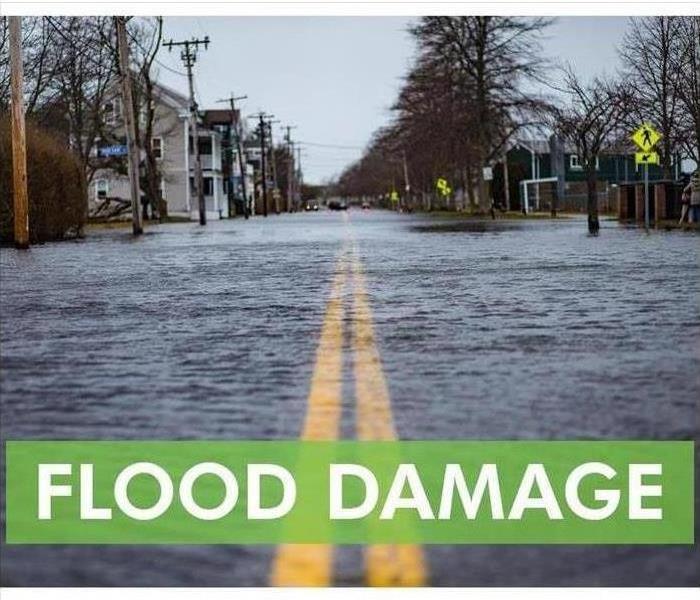How Long Does a Commercial Generator Last?
11/28/2019 (Permalink)
A commercial generator can power a building in the event of power loss. Generators run for decades with regular standby operation, inspection, and maintenance to prevent generator problems.
Fuel Types and Longevity
Property owners should factor in the fuel type when deciding on a backup. The operational timeframe of generators depends on fuel availability and heat content in British Thermal Units. Four common fuel types include:
• Gasoline: Gas is easy to obtain under normal circumstances and portable in small containers. This highly volatile fuel has a short shelf life of about 12 months. Gas produces 114,000 BTUs per gallon.
• Diesel: Diesel is less flammable than gas and may be easier to obtain in the event of a prolonged outage. Delivery and tank refilling services are available, and this fuel has a longer 18- to 24-month shelf life. Diesel produces up to 129,500 BTUs per gallon.
• Natural Gas: A generator connected to natural gas can provide uninterrupted backup energy. Compressed natural gas primarily consists of methane and has a heat content of 20,268 BTU per pound.
• Liquid Propane: Propane can be delivered and stored in large tanks or refillable 5 to 10 gallon cylinders. This clean-burning fuel is as much as three times more expensive than diesel. Propane has a heat content of 92,000 BTUs per gallon.
Engine efficiency depends on revolutions per minute. Two common levels for commercial generators include 1,800 RPM and 3,000 RPM. 1,800 RPM models cost more because these units run longer and do not need to be turned off as often to cool down.
Choosing the Right Generator
Property owners comparing commercial generators should factor in the duration and amount of power they may need during prolonged power outages in Kanab, Utah. Standby use and maintenance can increase the operational life of these backups. Contact a commercial damage restoration company if your property sustains storm damage.



 24/7 Emergency Service
24/7 Emergency Service
